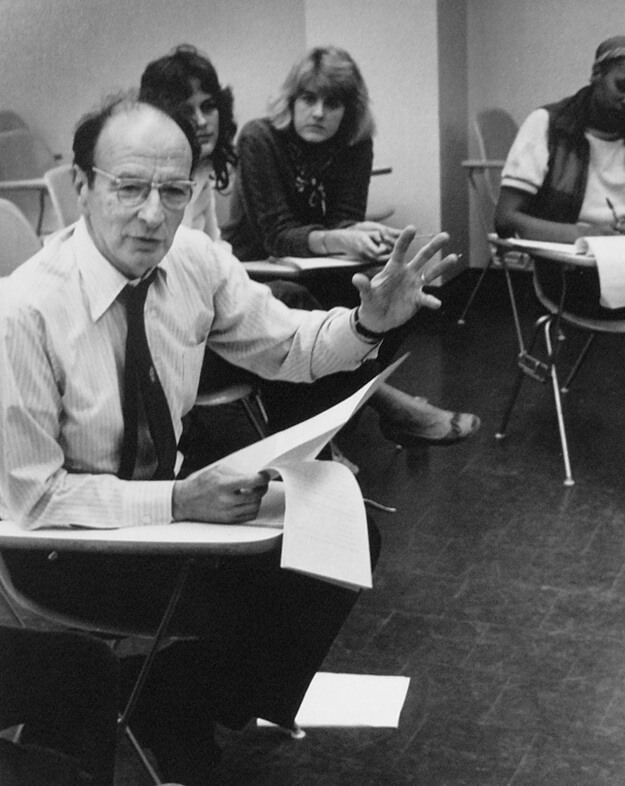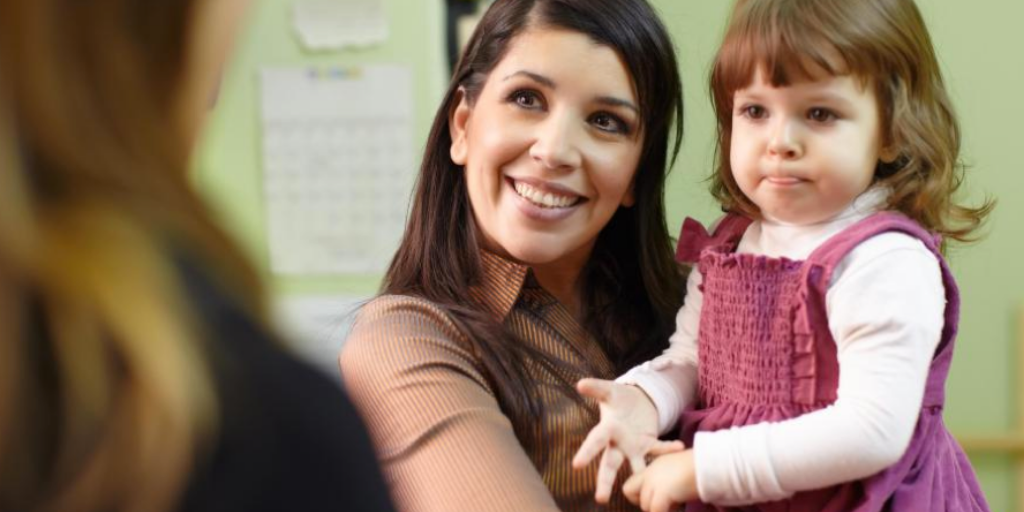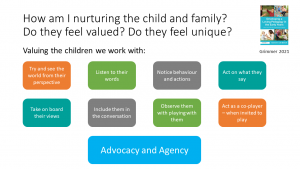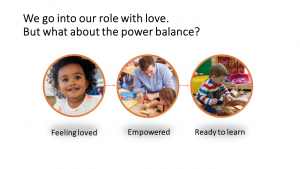In this blog post, we turn to leading light in Early Childhood academia, Aaron Bradbury-Coffey to understand the importance of Uri Bronfenbrenner in early years practice.
Early childhood pioneers continue to play a huge part in our day-to-day practice. Keeping child development at the heart of what we do is something that I continue to advocate. It doesn’t matter how many alterations we have to the early years curriculum, or the change in guidance. The one thing to remember is that child development is key.
Bronfenbrenner is a child development theorist that you may not have heard much about in comparison to other well-known early childhood pioneers. This blog is written very much from my own perspective on how his theory can support your early years practice and support you as a professional working in early childhood.
Urie Bronfenbrenner was born in Moscow in 1917. At the age of six, he emigrated to the United States with his family. Throughout his life, Bronfenbrenner demonstrated that he was a very able academic and also showed how nurturing he was as a human being. During the second world war, he served in the army but went back to academic life afterward, gaining a doctorate in child development in 1948. He was the co-founder of the USA’s ‘Head Start’ programme and he became a lead in the field of child development, child-rearing and ecology.

Bronfenbrenner died in 2005, aged 88, and those who worked with him spoke highly of his theory. At a time when much research was dominated by laboratory studies and maturation theory, Bronfenbrenner continually argued that the environment in which a baby and child grows up must be considered. The focus of his theory included the impact of those contexts familiar to the child, such as:
The continual oppression of society and experiences which impinged on the child and parents’ lives and society more widely such as:
Further to this, his research identified the importance of the different ‘levels’ of the child’s place in society and how they interacted with all aspects of this. Even though there are many criticisms of Bronfenbrenner’s theory on how his findings link to the practical work in our settings, it has influenced how we study the connections of child development and has supported past government programmes for children and families.
I am really keen on looking at how his theory can support children through their individual and unique experiences. The chaotic approach to current cuts on policies in early childhood, families and children’s provision has proven to be a real opportunity to reflect on these changes and the impact that they are having on our practice for children in our care.

Bronfenbrenner continued his work in early childhood, proposing five critical processes for positive human development:

I do feel that Bronfenbrenner is giving us a magic key, which can unlock the door to emotional nurturing for children. Encompassing the role that we play to support the emotional development and the environment in which we support is an important aspect to consider and this is why I truly feel that Bronfenbrenner is a great start to review our practice and further links to child development:

More recently the scope around developing a loving pedagogy by Tamsin Grimmer has got me thinking about where we start with Bronfenbrenner. To support the development, the unique child and the environment in which we provide for children in our settings is an important factor. For me, to develop a holistic approach to love and nurturing is to start with child development and ourselves. Who decides on what is right and wrong, what should be taught to our children, therefore questioning the power balance which we have in our settings? This alone can cause many issues when it comes to stifling children’s development. It needs to start with the child being loved, becoming empowered and then within that environment, they are ready to learn.
We need to look at the ‘why’ and the reasoning behind our own actions in our role. Are we seeking the voice of the child and truly advocating for uniqueness in all that we do? Where would you start in developing Bronfenbrenner in your setting?


About the author
Aaron Bradbury is a leading light in Early Childhood academia. Currently Principal Lecturer for Childhood and Early Years at Nottingham Trent University, he is also the Co-Chair of the Early Years Academy and the Steering Group Chair for the newly formed LGBTQIA Early Years. He is passionate about leading and delivering positive outcomes for the Early Years sector.